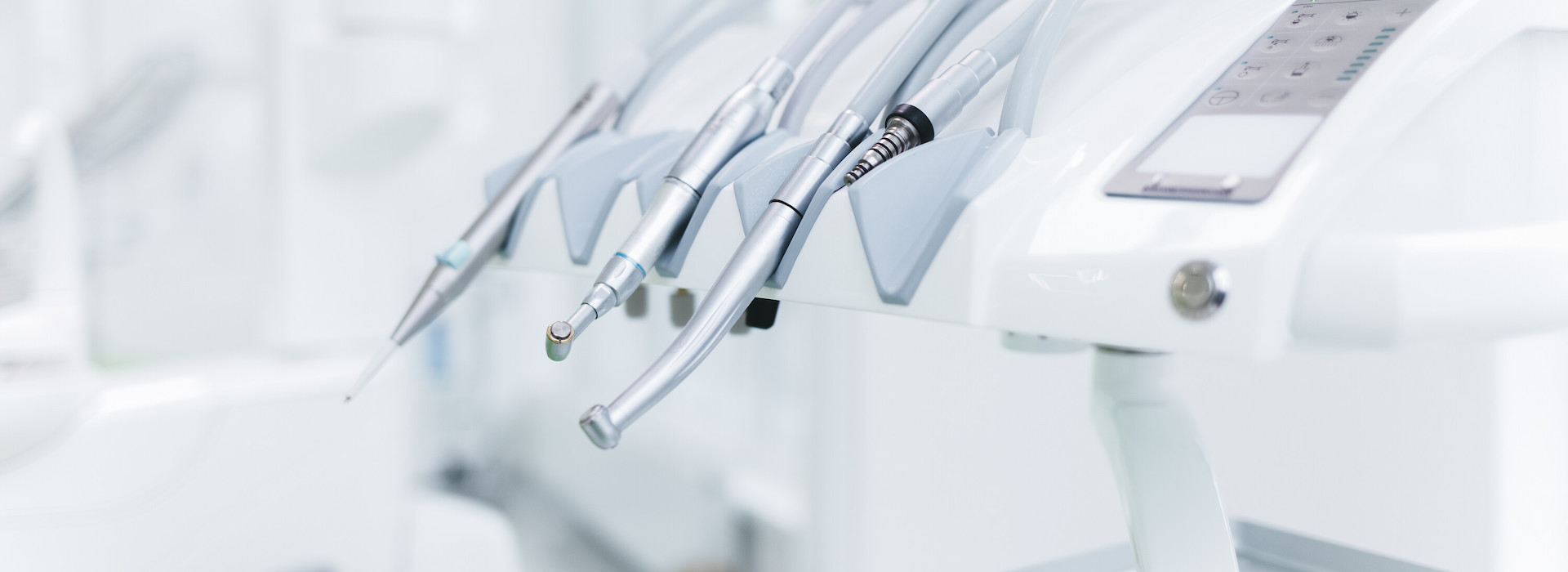If you’re reading this then you are likely having tooth pain and are wondering if you cracked a tooth. It can be difficult to tell if your tooth is cracked.
Often it is difficult to even pin point the source of your pain. For example, you may not be sure whether it is an upper or lower tooth because you just have a general sensitivity or non-descript pain.
You may also feel like there is something stuck between your teeth and no matter how hard you floss, you can’t get out. Remember, cracks can be invisible to the eye so you may not see the crack by looking in the mirror.





